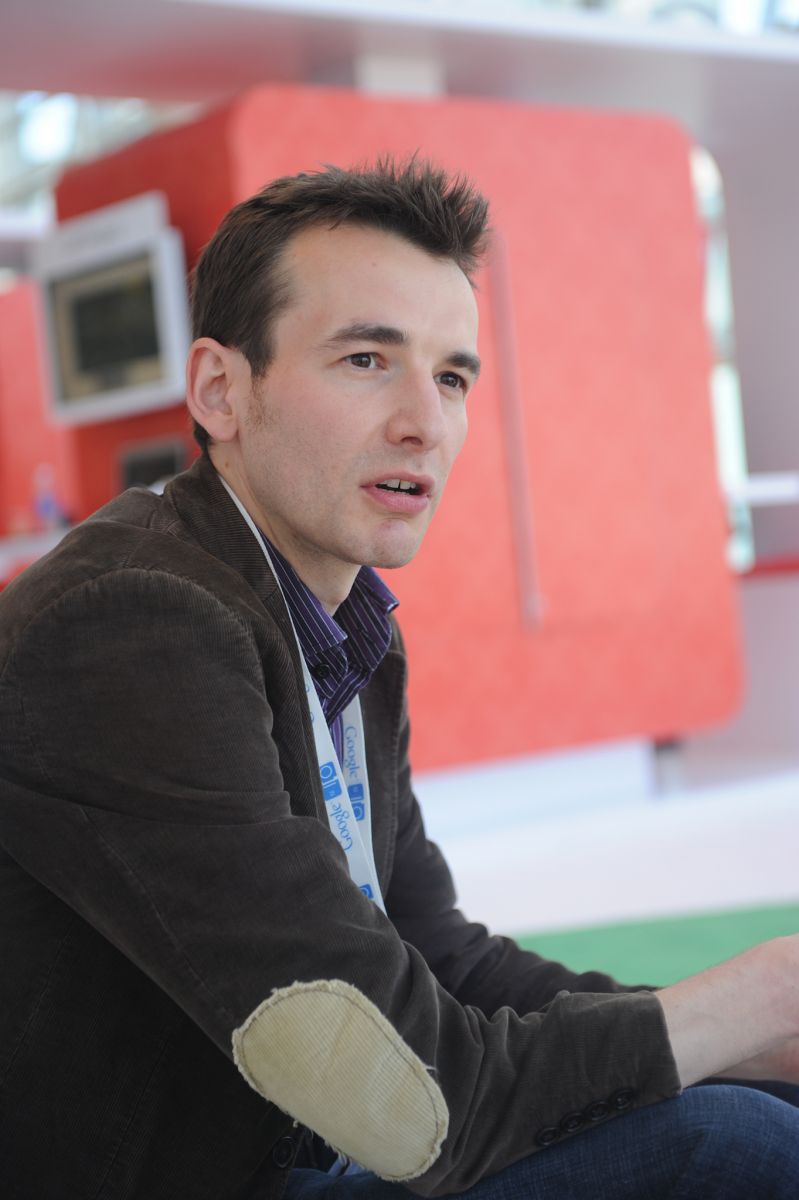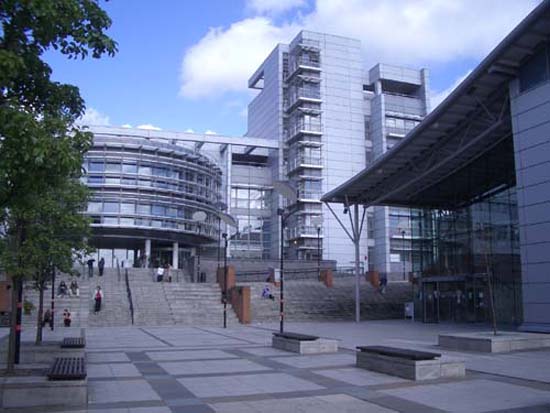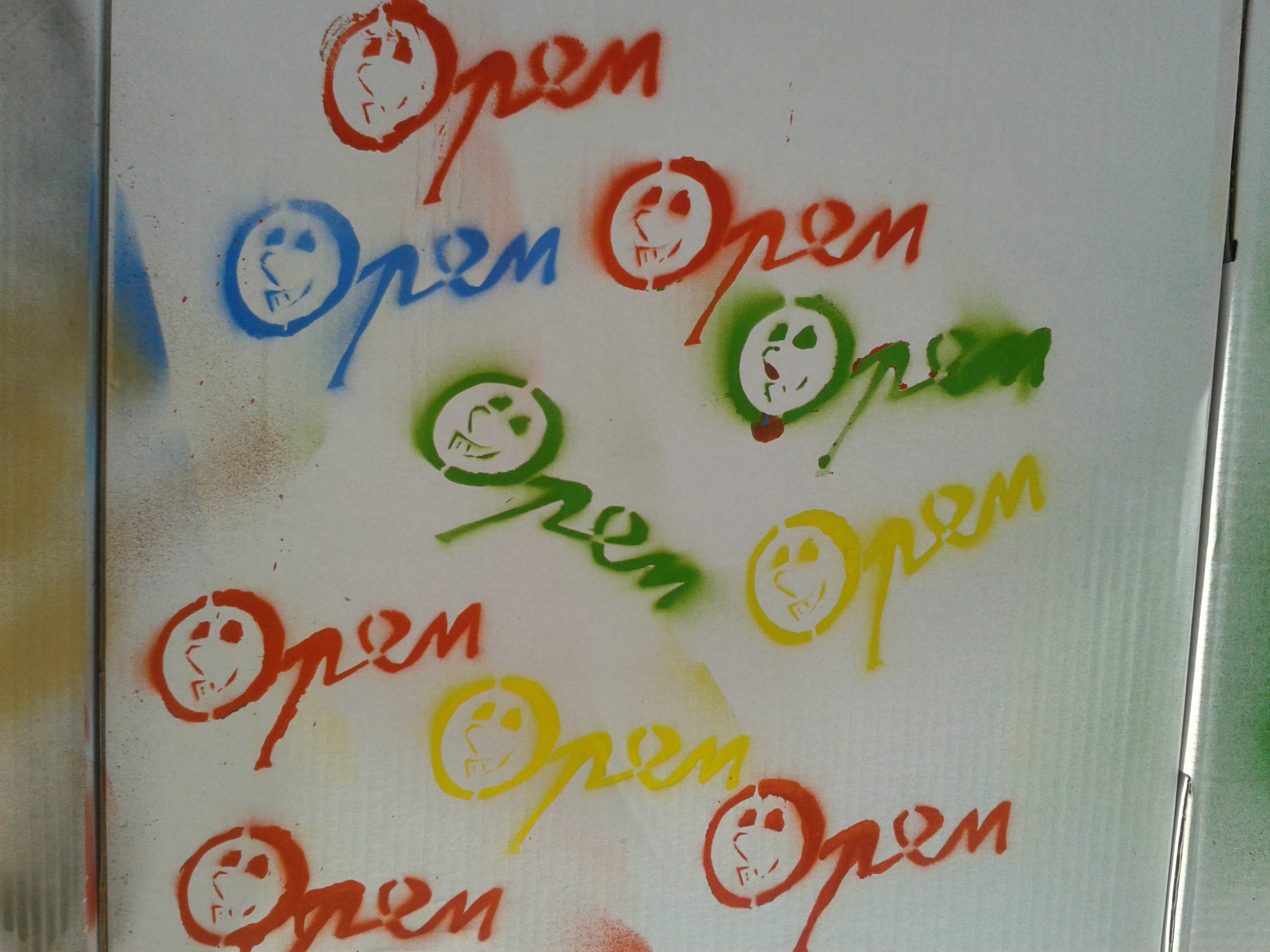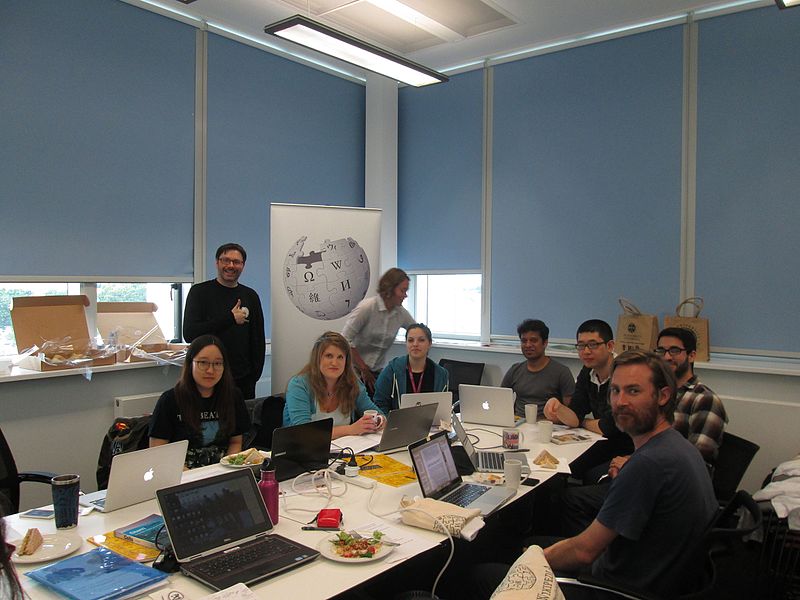Martin Hawksey is an Innovation, Community and Technology Officer for the Association for Learning Technology (ALT) and is based in Edinburgh. He is also “…by night a Google Developer Expert, mashup, social network, analytics, Google Apps Script, data junkie.” (MASHe) His interest in open began with open source software and programming after he had finished his structural engineering degree in 1999 and taught himself html and mark-up. Martin is well known in the open community for innovations such as TAGSExplorer, which enables you to archive and visualise your chosen Twitter hashtag content. We spoke to Martin about his journey into open practice and in particular the role, purpose and impact of blogging.
Blogging and the Power of Connection
Working in a JISC Regional Support Centre and in a publically funded post was “a big turning point” for Martin. A desire to share what he was doing with the largest number of people led Martin to consider blogging and he looked for people to use as an example. Tony Hirst, lecturer at the Open University (UK) was one such “inspiration”:
“To me he was incredibly inspirational in terms of his approach … I think at the time Tony was working on a course for the OU, something around visualisation or graphics and he’d just created a blog of interesting examples of graphing solutions and it caught my eye and at that time I’d just started blogging myself so I mentioned it in the post…
Blogging can be incredibly lonely when you start it … Tony actually commented on that post and that was a very powerful, positive thing. It showed that he’d put something into the public domain, I’d seen it, I’d put my own thoughts into the public domain and he’d made the connection; he decided to comment on that.
And I think that example underlines my whole philosophy, and the value I put on openness, it creates those opportunities for people to connect, to reuse … I find very motivational in terms of driving you on to do more … and in some ways it’s more powerful because that person … is hundreds of miles away, doing his own thing, but still has an interest…”
Starting blogging can be a daunting prospect but Martin had some great advice of how to get started:
“One of the questions you always have at the back of your mind, do I look stupid, do I look silly? It can be quite lonely as well… will anyone actually read this? With blogging I think you have to somehow put some of those thoughts out of your mind and consider blogging in a slightly different way.
And this is one of the things I picked up from Tony Hirst was that it becomes a record of what you do and if someone else reads it, then great and if not, life goes on. And initially when I started blogging it took me a while to actually find my own voice and find the writing style that I wanted.
And I think you have to be flexible as well, when I started a lot of my posts were a summary of recent edtech news and then over a year or so it evolved into actually writing more about some of the things I was doing, rather than reporting about what other people were doing. So I think that it is something that you have to give time to.”
Developing and contributing to online communities has remained a key “motivation” for Martin and following his initial foray into blogging it seemed a “natural progression” to develop this interest further through open data, open data tools and using GitHub for code. The web enabled Martin to explore and learn from others: “it is a case of educating myself from the resources people have made online, not all of these resources are creative commons licensed, they have various licenses on them but people publish them on the web so they are open in terms of access.”
Martin’s focus is now on “giving back” to the community through his blog, writing tutorials, responding to questions and comments in “very different community” spaces such as Twitter and Google+ etc. As Martin explained, online conversations in these spaces are not just with the person concerned but are also “open” so others can read, contribute or learn something from this type of exchange.
Challenges to going Open
Martin highlights three challenges to becoming more open: time, disciplinary differences and measuring impact.
Time
One challenge to experimenting with more open practices is “time” and the space “to explore and report on discoveries.” Sometimes, as with Martin and his earlier role at JISC CETIS, this can be part of one’s paid work. However, as Martin found, a role change does not diminish the desire to be “open” and he continues to write about innovations in 'open' in his own time.” As noted earlier being “open” and sharing thoughts and ideas is “…something I still want to do. I think as well deep down it makes you feel good!”
Disciplinary Differences
Martin also highlighted interdisciplinary differences in practices as a challenge for increasing open practices across academia as a whole. He noted instances of practice where it was clear that openness would benefit those involved (e.g. when undergraduate students work on research findings but get no credit for their contribution) in addition to issues such as anonymous closed peer review, impact, journals and sharing data. As Martin noted:
“… working within an education context I think it’s easier to engage in open educational practices because what we’re dealing with is more about human interaction than the next chemical compound for plastic or something, which is very finite.”
Measuring impact
Martin highlighted a critical challenge for anyone making use of open educational resources (OER) or utilising open practices: “…one of the challenges when you’re doing stuff in the open, it’s not always apparent what the actual impact is, to the wider community.” This is particularly the case when it can seem like your own contribution is relatively small.
“I think that’s one of the huge challenges within open educational practices; no-one’s really around measuring the benefit …
But no one is recording all those benefits so it can be really hard to actually get a handle on the real value of open educational practices. And I think that can be quite demotivational as well; you’re spending lots of time on something and you’re not getting the page views. You may feel like it’s a waste of time. But it’s not necessarily how many page views you get, it’s who reads that and what they do as a result of that. And that can be something that’s life changing for someone. And we don’t have a record of that.”
The “vulnerability” and progressiveness of open

Martin’s understanding of “openness” is rooted in the idea that the open sharing of information contributes to a better world:
“…I suppose for me openness is a reflection on, we have this capacity to share what we’re doing, and I think it has a wider benefit when we do start doing new sorts of things so – it can perhaps sound a bit aspirational – but the fact that more and more of us are sharing what we’re doing, meaning that someone goes from basically being on the breadline day-to day to actually developing skills or knowledge that we can use in some other way, actually spend less time looking after themselves and more time doing other things that can benefit society as a whole.”
Martin has also developed a more nuanced understanding of “openness” over time, which reflects the appropriateness of making a process or resource open and the responsibility that this entails:
“I was very much a strong advocate of open education, I felt that for any class to be locked away in a VLE, behind log-ins and passwords was I suppose in some ways a bad thing. But one of the things around openness is vulnerability.
And I think actually having secure processes that are enclosed, physical walls, virtual walls I think are important particularly when people are beginning an educational journey, you don’t want to do everything in the open. I think that’s one of the things that quite often gets forgotten is that openness is a great thing but it’s not always the best thing in that situation. So I think to recognise that openness at times is very nuanced and there are times when it’s the way to go and other times it’s definitely not the way to go.”
Follow Martin on Twitter (@mhawksey) and read more of Martin's thoughts on MASHe - The musing of Martin Hawksey, EdTechExplorer.



